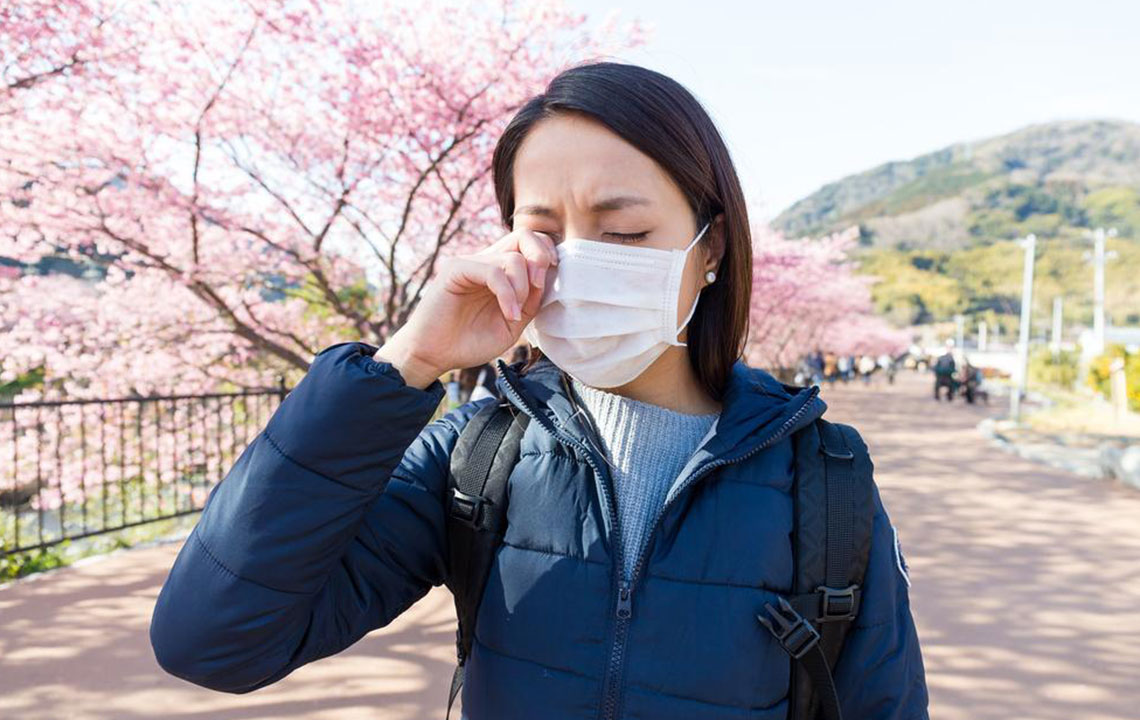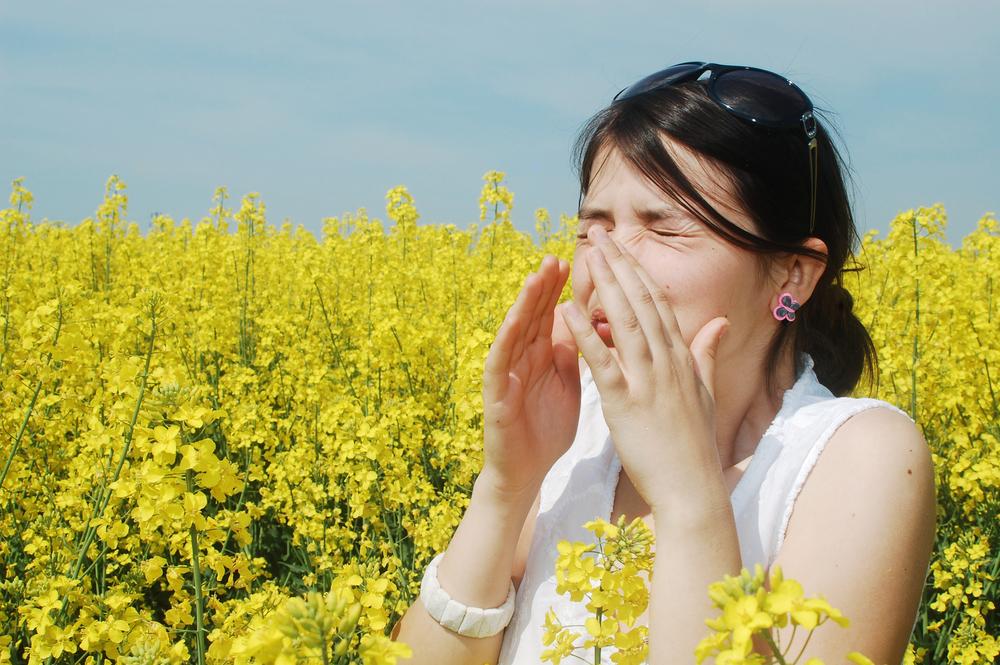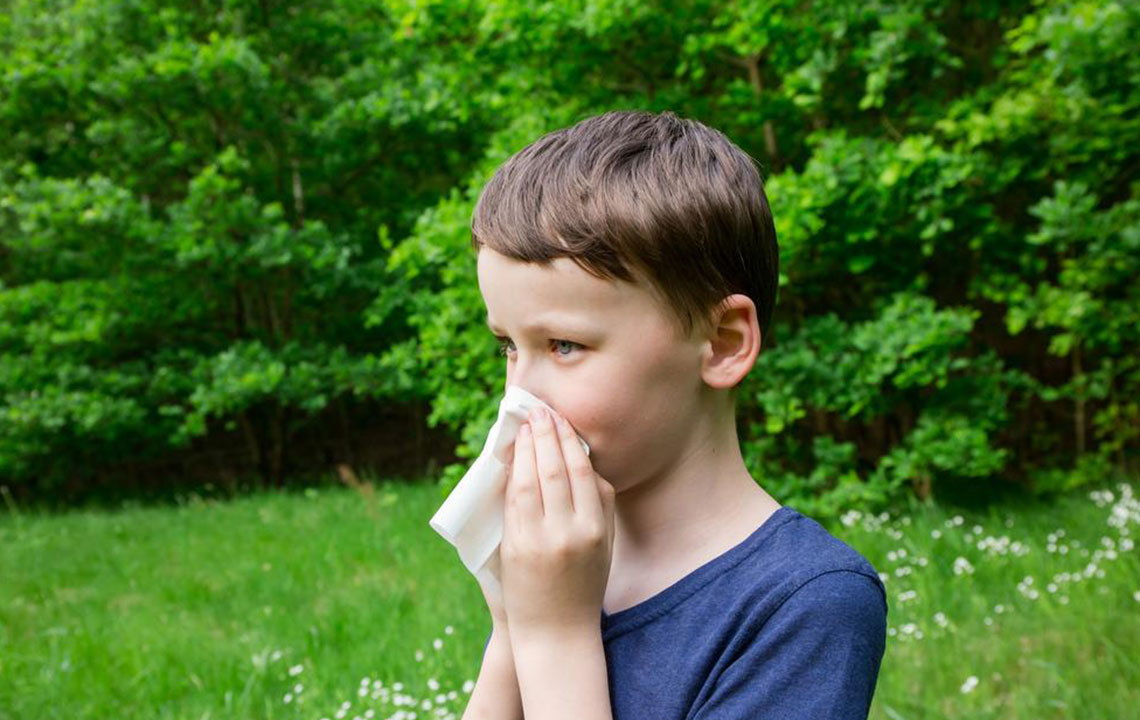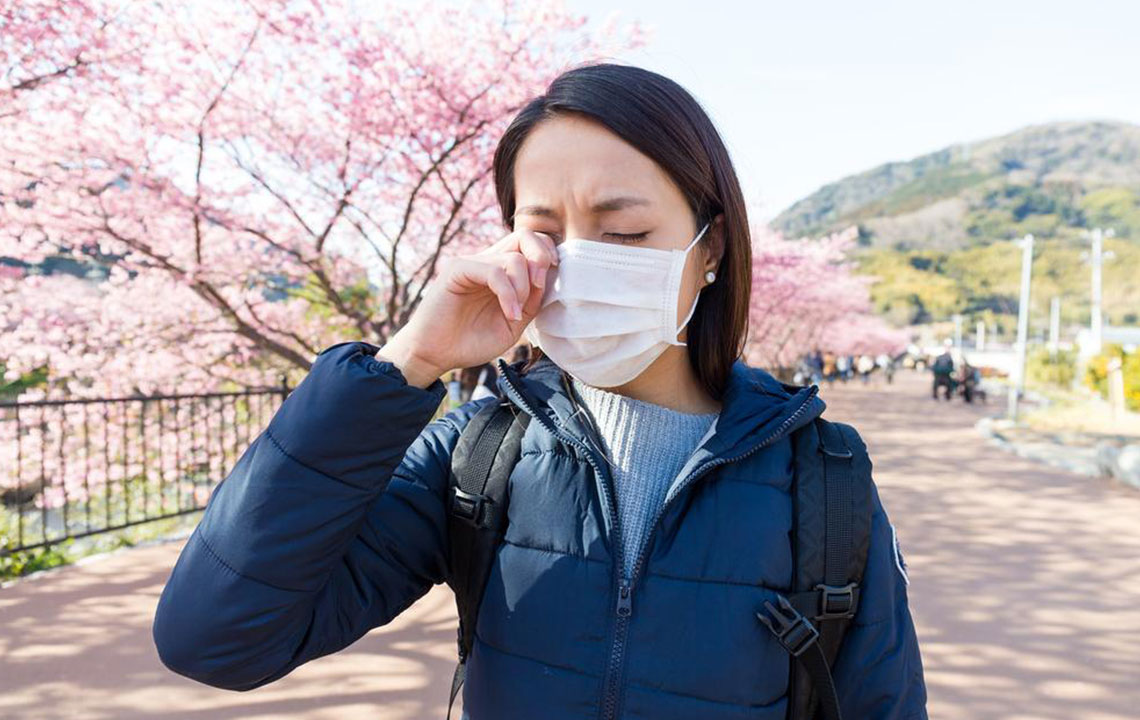The Ultimate Guide to Pollen Allergy Relief and Management
This comprehensive guide covers pollen allergy causes, symptoms, prevention, and treatment options. It emphasizes early diagnosis, lifestyle adjustments, and natural remedies to help sufferers reduce discomfort and improve quality of life during pollen seasons. Practical tips like avoiding outdoor activities during high pollen times and using air filters are highlighted for effective allergy management.

Understanding and Controlling Pollen Allergies
Pollen allergy is a common allergic condition affecting millions across the United States, with about 30% of adults and 40% of children experiencing symptoms. Pollen, a fine powder from grasses, weeds, and flowering plants, triggers immune responses in sensitive individuals.
The immune system normally defends against harmful pathogens, but in allergy sufferers, it mistakenly perceives pollen as a threat, releasing chemicals that cause allergic reactions.
Symptoms include nasal congestion, sneezing, and watery eyes. Some people experience symptoms year-round, while others face seasonal issues during spring and fall when specific plants bloom. Early recognition of these signs is essential for effective management.
Symptoms to Recognize
Individuals sensitive to pollen may experience:
Nasal congestion
Sneezing
Runny nose
Watery eyes
Itchy throat and eyes
Wheezing
Asthma symptoms
Coughing
Sinus pressure and facial pain
Scratchy throat
Swollen skin or discoloration
Reduced taste or smell
Seeking Medical Advice
Consulting a healthcare professional can diagnose pollen allergies, often involving skin prick tests to identify allergens. An allergist may perform skin tests or review medical history to confirm sensitivity.
Prevention Tips
Since avoiding pollen completely is challenging, focus on reducing exposure. Stay indoors during windy, dry days, avoid yard work during peak pollen seasons, wear masks outdoors, and keep windows closed to prevent pollen from entering your home.
Effective Medications
Antihistamines like loratadine or diphenhydramine, decongestants such as pseudoephedrine, and combined treatments can relieve symptoms. For severe cases, allergy shots (immunotherapy) help retrain the immune system, often decreasing symptoms over time.
Natural Remedies
Home approaches include using saline nasal rinses with a neti pot, taking herbal supplements like spirulina or butterbur, washing outdoor clothing before bringing them inside, drying clothes indoors, and using air purifiers or dehumidifiers to improve indoor air quality.
Final Advice
Managing pollen allergies combines medical treatments and lifestyle changes. Accurate diagnosis and prompt action can alleviate symptoms and enhance daily life, allowing sufferers to better cope with pollen exposure.


